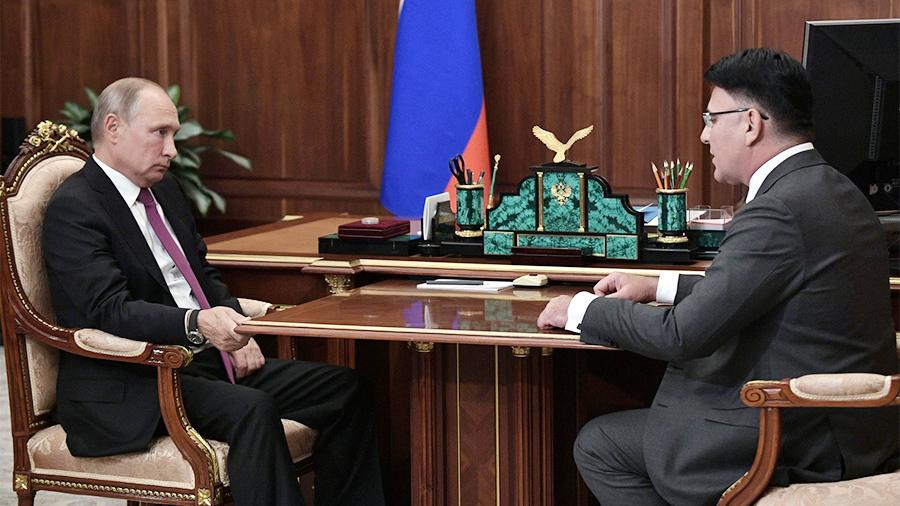Roskomnadzor reported on the results of a three-year struggle with pirates

The head of Roskomnadzor, Alexander Zharov, reported to Russian President Vladimir Putin on the results of the department’s work over the past three years, reports TASS. “In total, the information [sent to the Moscow City Court] concerned more than 17,000 pirate sites,” said Zharov. According to him, for three years now, Russia has a law on the protection of intellectual property rights, which has made it possible to achieve considerable success in the fight against those who violate this law.
Most complaints of copyright holders are related to video content, including movies. As it turned out, over three years more than six thousand lawsuits were filed, and these were mostly Russian companies. Zharov said that foreign companies file complaints very rarely, they mostly appeal to the Moscow City Court.
The scheme of the “struggle”, according to Zharov, is as follows: the right holder initially lodges a complaint, it is considered by the Moscow City Court, which makes a decision about blocking or deleting prohibited information on the Internet. Then comes the turn of Roskomnadzor, making the site or page with prohibited content in the corresponding registry.
Zharov asserts that before the start of the ministry’s work, the Russian segment of the Internet could be called a “pirate harbor”, where any premiere “immediately appeared on hundreds and thousands of resources, and people watched it for free, even if in poor quality, but It was". The head of Roskomnadzor reported that the situation has now changed - about 6,000 of these resources are blocked, and 11,000 sites have deleted the information that was illegally posted on their pages.
According to Zharov, the charges for Russian films that are record-raising for the movie “Moving Up,” which collected about 3 billion rubles, are largely due to the fight against pirates. “Legal online cinemas on the Internet received in 2017 by 60% more than a year earlier. Cinema attendance has increased: 55 million people came to the premieres for the year, and this, respectively, is 40% more than the year before. It seems to me that all this money will return to the cinema, ”said Zharov.
Fans of films, according to the official, receive high-quality movies for reasonable money. Now Roskomnadzor will continue to work with the owners, in order to maintain the current state of affairs. But the main thing, according to Zharov, is that the largest pirate sites are blocked. “We will continue to clean the Internet,” he said.

The head of Roskomnadzor reports on the work done in three years. Source: Press Service of the Presidential Administration of the Russian Federation / kremlin.ru
In addition to the media pirates, according to Zharov, websites that disseminate personal data of Russian citizens are a problem for the Russian Internet. For three years, the department has identified more than 1.2 thousand sites that disseminated personal data of citizens of the Russian Federation. The head of Roskomnadzor, said that all the identified resources were distributing databases of citizens absolutely uncontrollably, including passport data, information about the cars that belong to them, real estate data.
Personal information Russians, according to Zharov, provide more than 5 million companies from around the world when providing services to Russian citizens. Of these, about 100,000 receive fairly massive amounts of personal data. The agency was able to obtain this data using an automated Internet monitoring system. The interests of citizens he is going to protect by informing them. So, users, according to Zharov, need to pay attention to what is written in small print in user agreements. What for? For the simple reason that "the devil is in the details."
“These small letters often contain information that the company receives your data, provides the service for free, and then sells it to a third company. We tell children about this, tell teenagers, and over the past three years more than a million children have attended our classes and seminars in the summer at children's health facilities and schools, ”said the head of Roskomnadzor.
It is worth recalling that a few days ago, the department proposed to abolish the principle of network neutrality for fifth-generation networks. Priority will be given to critical services, where the quality of communication must always meet the specified parameters. True, now the 5G standard is not yet ready, which means that it is not clear what qualities of communication will be enshrined in the normative.
